Yesterday, SEC Chair Gary Gensler gave a speech addressing the regulation of crypto assets. While his speech is not official SEC guidance or policy, it does forecast what may be the “new normal” in the SEC’s regulatory focus.
(Standard Disclaimer: we’re lawyers, but this isn’t legal advice. Unless you’ve signed an engagement letter with us, we don’t represent you. If you’d like us to represent you, please contact us through this website.)
“Of the nearly 10,000 tokens in the crypto market, I believe the vast majority are securities. Offers and sales of these thousands of crypto security tokens are covered under the securities laws.” That’s the key quote from the speech, which lays out what is likely to be the SEC’s regulatory agenda for the near future.
As Gensler notes, “[i]t’s not about whether you set up a legal entity as a nonprofit and funded it with tokens. It’s not whether you rely on open-source software or can use a token within some smart contract. These are not laundromat tokens: Promoters are marketing and the investing public is buying most of these tokens, touting or anticipating profits based on the efforts of others.”
If that last sentence sounds familiar, that’s because he is directly addressing securities as evaluated under the “Howey test”. As such, this also likely underscores the importance of ensuring that token offerings (as potential securities) meet the legal requirements. As we previously noted in our discussion of the Wahi case, the SEC has been taking a more aggressive stance of late in their evaluation of crypto assets as likely securities. If anything, this suggests that additional actions may follow.
Another point of interest concerns stablecoins: as Gensler notes, “[d]epending on their attributes, such as whether these instruments pay interest, . . . what mechanisms are used to maintain value; . . . or how the tokens are offered, sold, and used within the crypto ecosystem, [stablecoins] may be shares of a money market fund or another kind of security. . . . The point is, it is important to look at the facts and circumstances of a product, not its label.” In other words, under Gensler’s view, merely labeling a crypto asset as a “stablecoin” does not necessarily mean that it is not a security. The characteristics and details surrounding any asset will likely be the key to determining whether it is subject to regulation as a security.
An additional point worth noting: as Gensler states, “[c]rypto intermediaries — whether they call themselves centralized or decentralized (e.g., DeFi) — often are an amalgam of services that typically are separated from each other in the rest of the securities markets. . . . These platforms match orders in crypto security tokens of multiple buyers and sellers using established non-discretionary methods. . . . These are the regulatory criteria for being an exchange. . . . [M]any crypto intermediaries provide lending functions for a return. Make no mistake: If a lending platform is offering and selling securities, it too comes under SEC jurisdiction.” This shouldn’t be a surprise to anyone keeping tabs on crypto exchanges and similar entities. But it’s worth considering the possibility that his point regarding crypto lending could also potentially be extended to entities engaged in commonplace activities such as “staking.”
We recommend that you read the speech in full, as it’s addressed directly to entrepreneurs and innovators in the crypto space. While some might see the speech as foreshadowing catastrophe for crypto, it might also suggest opportunity. As regulatory efforts increase, crypto innovators who are careful to follow U.S. securities laws and work with regulators could potentially see their own products thrive, with ready accessibility to U.S. markets, while others who skirt the permissible bounds may find themselves squarely in the crosshairs.
(Cover image by Kane Reinholdtsen at Unsplash)


